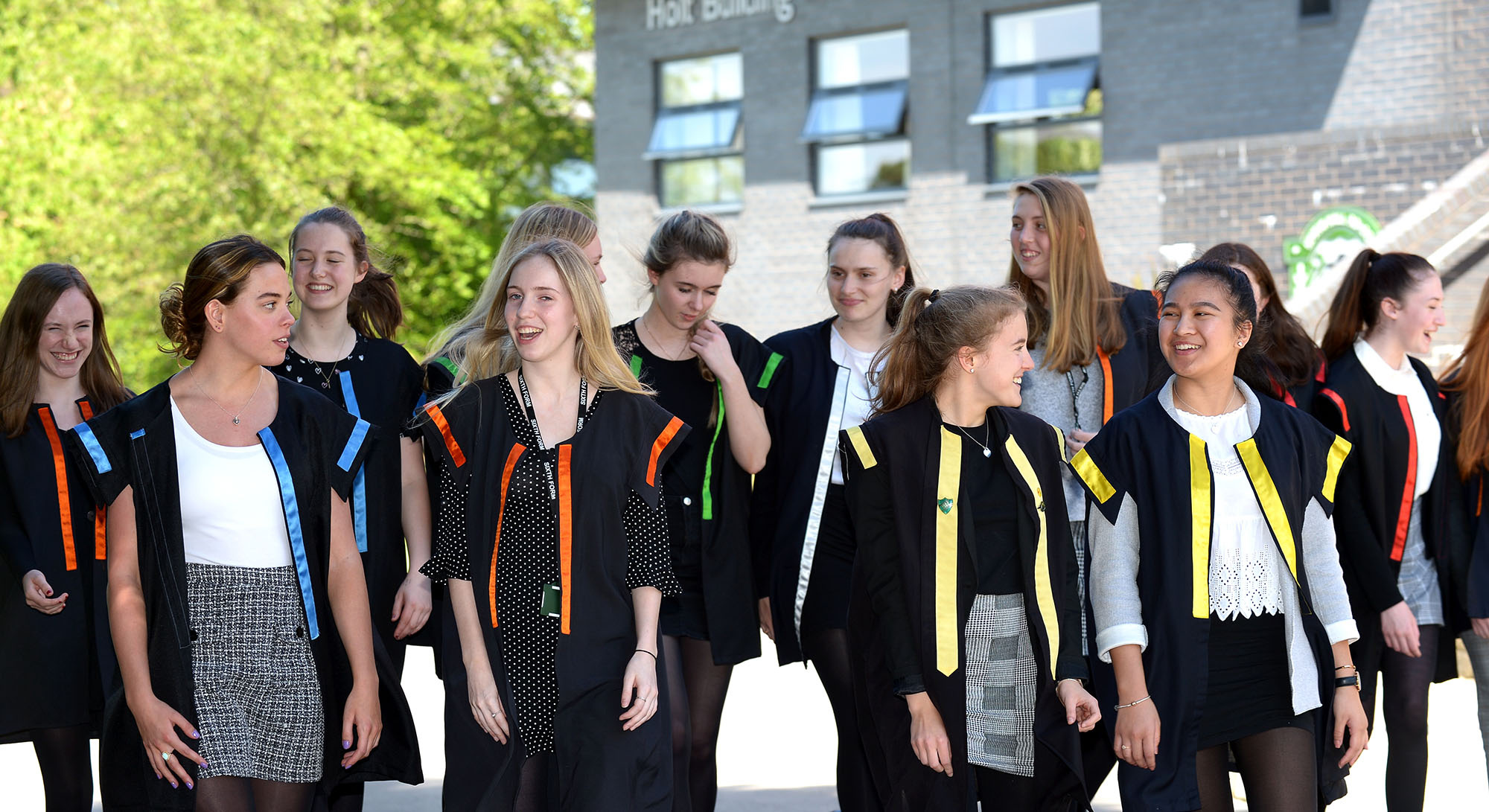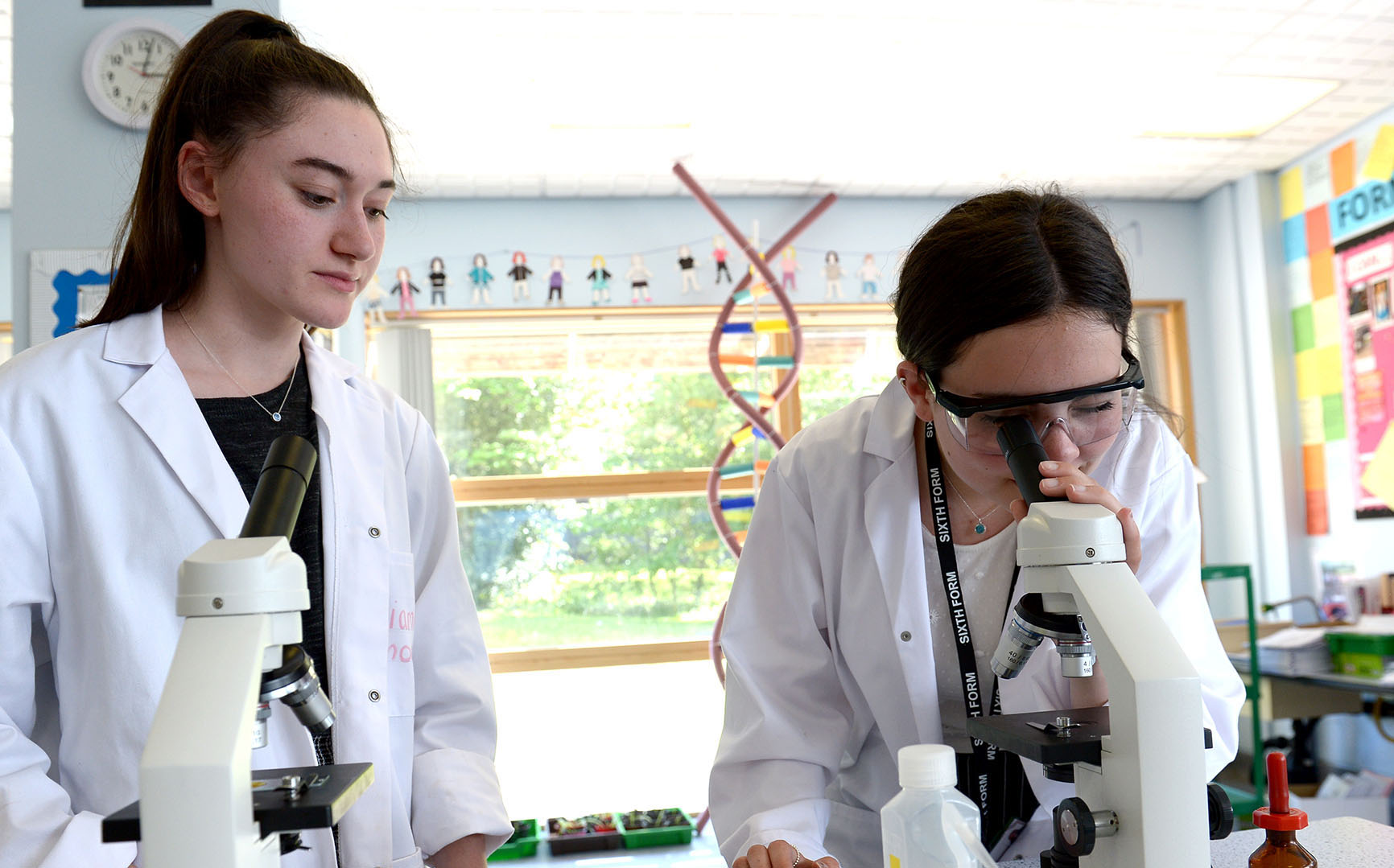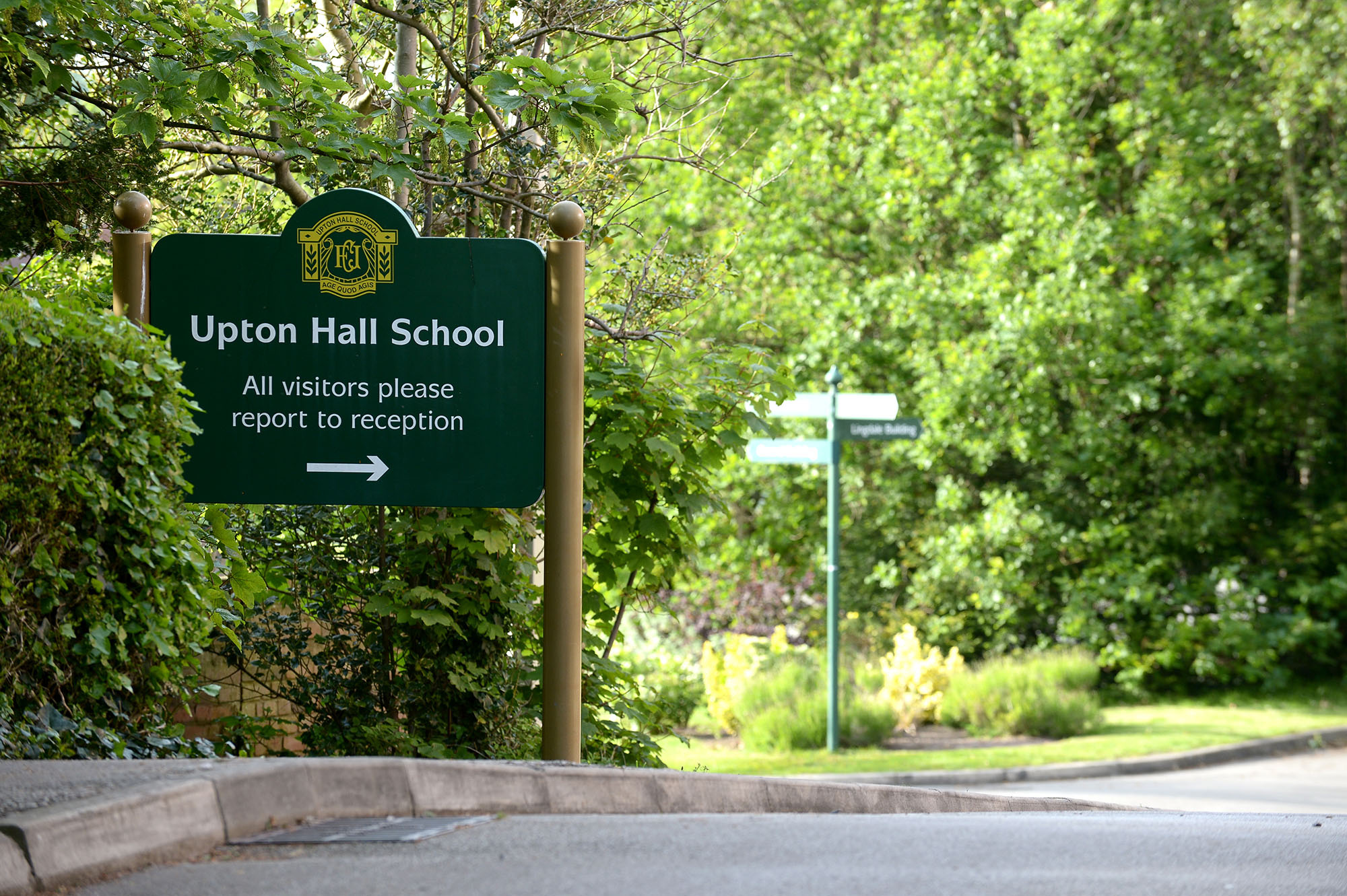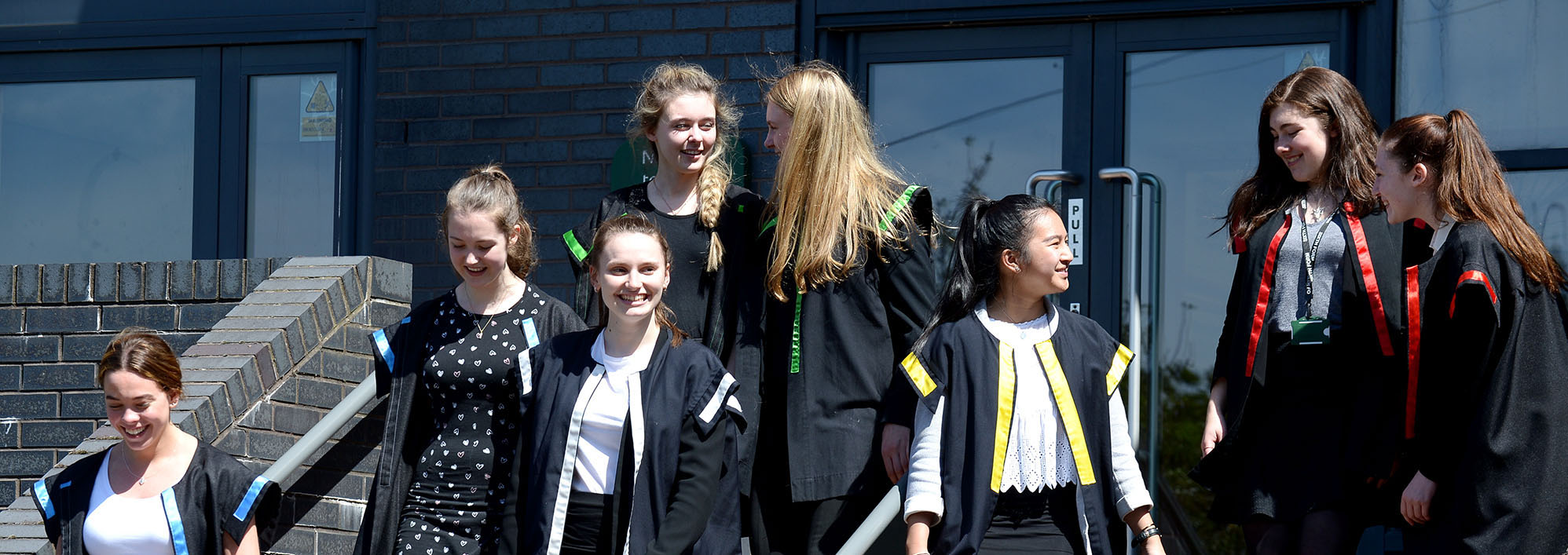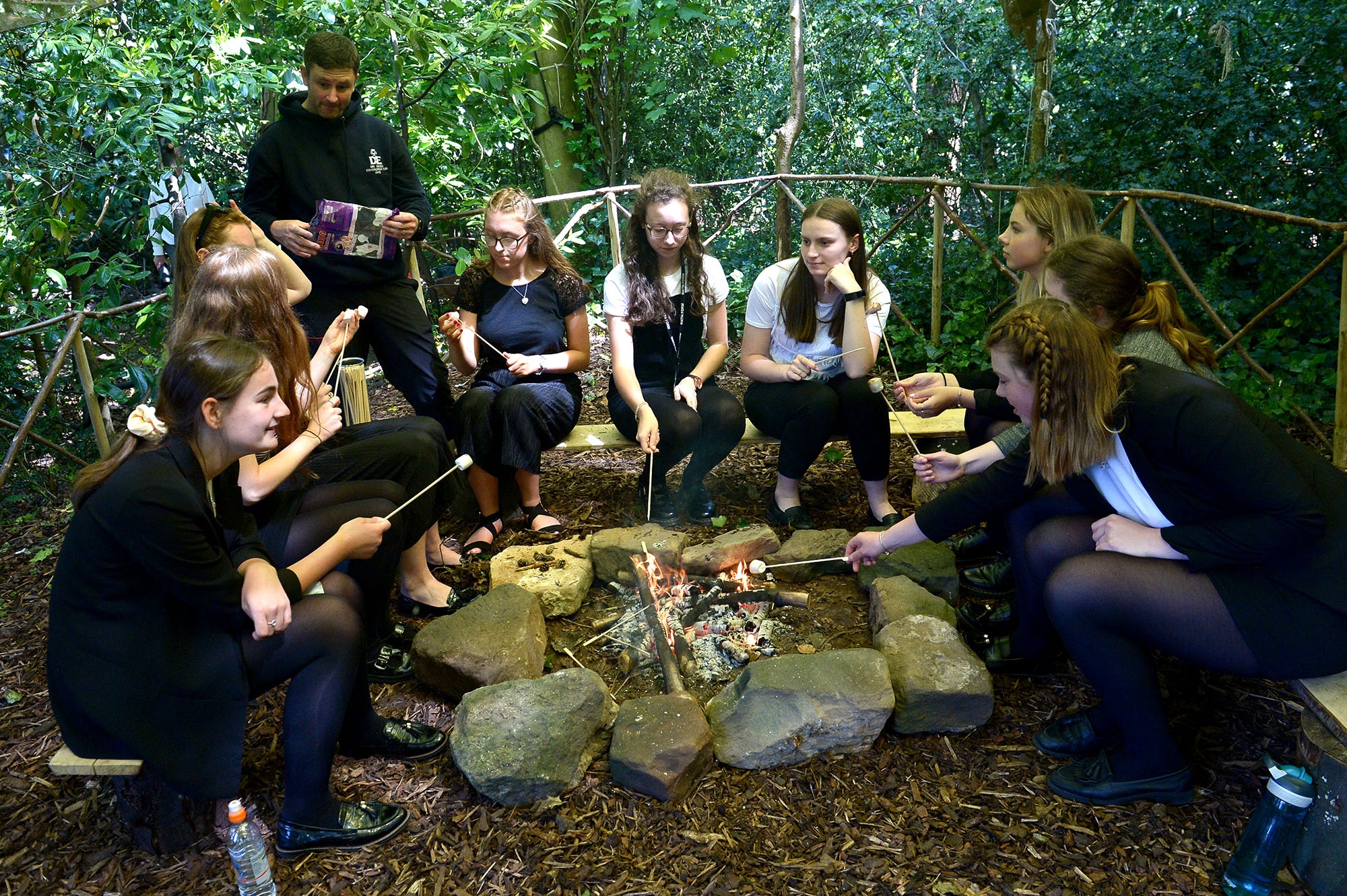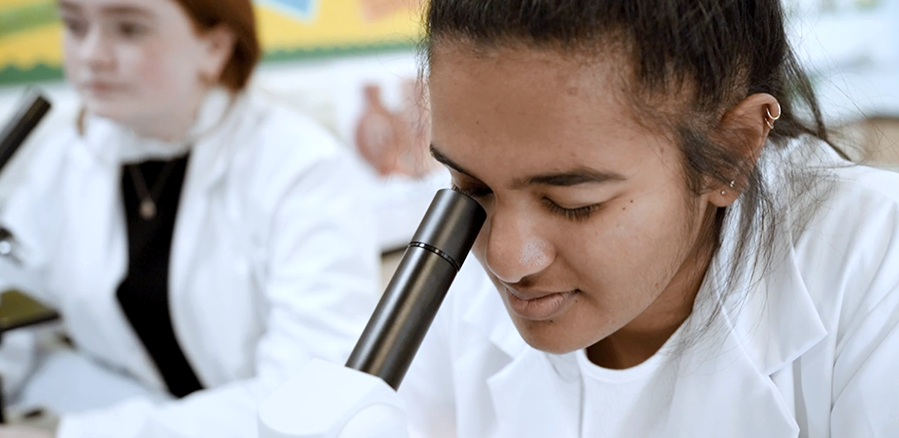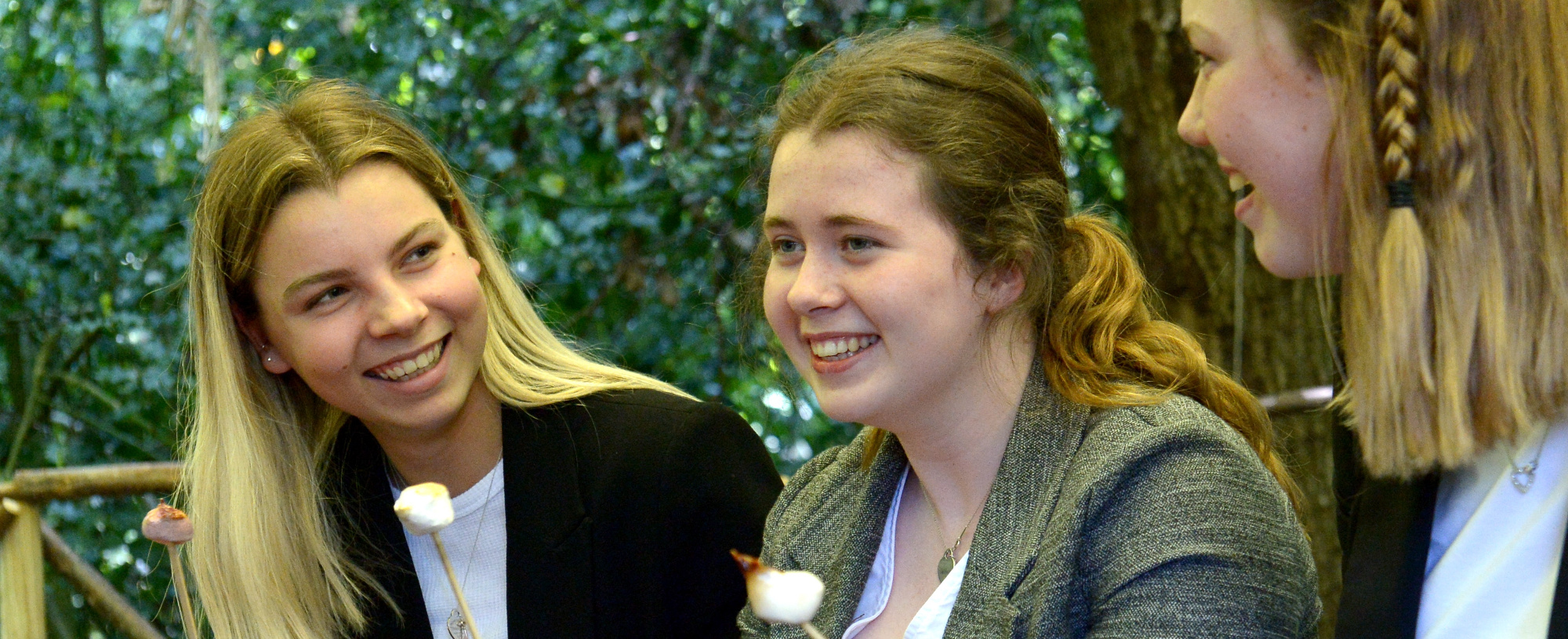English Language

Welcome to A Level English Language! The following documents will fully prepare you for September 2025, so make sure you immerse yourself, enjoy the tasks, and look forward to beginning the course with a solid head start.
We follow the AQA specification, which can be found here
https://filestore.aqa.org.uk/resources/english/specifications/AQA-7701-7702-SP-2015.PDF
Reading the specification is a good way to understand what you will be studying and what to expect.
If you have any questions in the meantime or want to clarify any tasks, please email sixthform@uptonhall.org to contact Miss Fletcher and Miss McHarron, as they will be your teachers in September.
Mrs B Seed
- A Level English Language Task 2 Resource Powerpoint 2PDF File
- AQA Glossary of terms English LanguagePDF File
- Task 2 Corpus Linguistics Data InvestigationDOCX File
- Task 3 Language and Gender Initial FindingsDOCX File
Recommended textbook:
AQA English Language: A Level and AS, Oxford University Press. Authors: Dan Clayton, Angela Goddard, Beth Kemp and Felicity Titjen. ISBN: 9780198334002
https://www.amazon.co.uk/AQA-Level-English-Language-Student/dp/0198334001

Useful websites for Year 1 of the course:
The official English Language Blog is a great place to start. You can also follow the author, Dan Clayton, on twitter:
http://englishlangsfx.blogspot.com/2020/
Go to visit: shakespeareswords.com, which is an interesting Language Change website by David Crystal. Then go to 'subscriptions'. Where it says, 'I have a code', type in DIV-OC9-102 This will give you free access from home for three months.
Checkout Eleanor Hare’s YouTube channel for help with Child Language Acquisition:
https://www.youtube.com/watch?v=jr_hK2Owq8o
Revision world has some great resources for CLA:
https://www.theguardian.com/media/mind-your-language - Read some articles about language issues from the Guardian’s ‘Mind Your Language’ website.
https://www.bbc.co.uk/programmes/b04v382j - Listen to ‘Word of Mouth’ with Michael Rosen. This Radio 4 programme on BBC iPlayer has an archive of over 100 half-hour episodes about English language issues

Set Text Reading list
There are no set texts for English Language A Level. This qualification allows you to study and explore language in action and the examinations will draw on ‘real life’ examples of speech and writing that you will never have seen before. So instead of reading set texts, we recommend you read high quality newspaper articles (e.g. The Guardian) and high-quality opinion editorials. For example, https://harpymagazine.com/ is an online, left-wing, radical feminist magazine where you can find high-quality, thought provoking pieces of non-fiction. It is produced and edited by a group of women in their twenties from the North of England.
Wider Reading List
David Crystal, Listen to your Child
Cordelia Fine, Delusions of Gender
Peter Trudgill, Sociolinguistics
David Crystal, Making Sense of Grammar
Sara Thorne, Mastering Advanced Level English Language

One aspect of the course you will explore is how children acquired language, this is known as ‘Child Language Development’. Surrounding this topic, there is lots of theory and research presenting arguments as to whether it is nature or nurture which has the most prevalent impact on a child’s development. Please watch the 12 minute video which will outline some of these theories and concepts. I would encourage you to make notes as you watch!
https://www.youtube.com/watch?v=jr_hK2Owq8o

Please see accompanying documents in Related Documents Below
1. Grammar Guide
Read through the Grammar Guide and make notes, adding your own examples to the examples given. Most of the things included in this booklet are very basic and you will have studied things like this at GCSE and even in your KS3 SPaG lessons. An understanding of basic grammatical functions is an essential foundation to English Language study. Thing of this booklet as a stepping stone to more exciting and interesting things!
2. Corpus Linguistics: Data Investigation Task
‘Corpus’ linguistics is just a fancy way of saying ‘small parts of different texts’. Look at the handout, where there are clear instructions to source your own data and carry out your own investigations.
This task prepares you well for component 1, section A, which is all about analysing texts and explaining what effects the writer(s) have achieved and how they have achieved them. Additionally, when you do a language investigation for your coursework with Miss Fletcher in your first year, you will be procuring your own data and independently leading your own study!
3. Language and Gender: The deficit experiment
Many aspects of English Language align more closely with social sciences than with arts & humanities. Towards the end of your first year, you will study Language and Gender with Miss McHarron. Studying this module will explore questions such as: do men and women really speak differently? How does everyday use of language oppress, disenfranchise or empower different social groups? Is language simply a consequence of gender stereotypes and misogyny or are gender stereotypes and misogyny enforced and policed by language? Does the gendered language on doors to public toilets matter? Has the political correctness movement gone too far?
Follow the instructions on your handout to carry out your own social science study and make your own conclusions.




